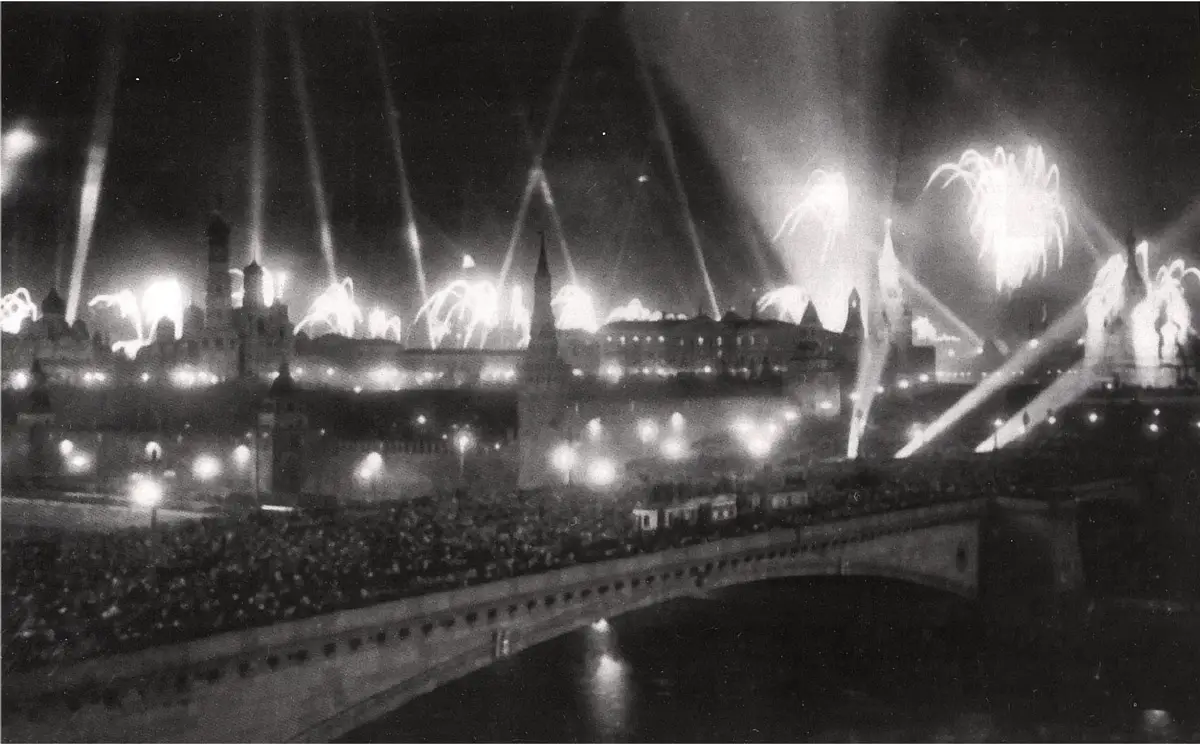Quarantine Diaries is a series of free language lessons from SRAS. Each lesson can take a variety of forms but all focus on building intermediate and advanced vocabulary and listening skills. The below entry, from Evgenia Obryadina, SRAS’ St. Petersburg Student Coordinator focuses on video content that will be available, live, on May 9th in celebration of Victory Day in Russia.
This week Russia celebrates the 75th anniversary of the Victory in the Great Patriotic War (1941-1945). The meaning of this day and this War for the generations of Russians cannot be underestimated – we even discuss it during orientation for our students arriving to St. Petersburg.
This year, the parade has been postponed due to the quarantine, but many, many events will be held online. I wanted to share some of these with our students. Most are partly or wholly in Russian, but should be informative to all, with many images to demonstrate the power of the holidays for modern Russian culture. I hope it will be useful for those of you interested in Russian history.
On the Victory Museum website, I found several events including one which seems to be particularly epic. It is called “Music of Peace.” Here, 108 musicians from Russia and throughout Europe – each in his or her own country, and each in quarantine – will unite online on May 8, from 10:00am to 18:00pm Moscow time to play together. You can find the announcement in Russian here. The event will be broadcast here.
Among the items that will be performed by the virtual orchestra is Dmitry Shostakovich’s legendary 7th Symphony. This symphony deserves special mention. Dmitry Shostakovich completed it in Samara in 1941, and called it the “Leningrad Symphony” in honor of his hometown of Leningrad (St Petersburg). Leningrad was under Nazi siege at the time. Under extreme hardship, a premiere for the symphony was arranged in the besieged city. Only 15 members of the Leningrad Radio Orchestra were still available; the others had either starved to death or deployed as part of the army. The Symphony, however, premiered on August 9, 1942, played by starving musicians and broadcast throughout the city to a population who faced death from bombs, disease, and shortages. The German forces also heard it. All the lights in the Philarmonic Hall were on, despite the threat of the bombs. They say, German soldiers later confessed that “that was the day we realized we’d lose this war…”
Lenreserv is an NGO which owns a collection of cars, military equipment, and everyday items from WWII. They are also preparing an online event in which the collection will be displayed with professional actors using it to reenact small war-time scenes and a military band will play songs from the 40s. It will be broadcast on the Lenreserv YouTube channel at 12.00 on May 9 (Moscow time) and on their VK page.
For some great pictures of how people celebrated the first victory day, see this page, called “What Does Red Square Remember About The War?” The page is in Russian, but if you scroll down, you can look through the pictures if you don’t read Russian.
Lastly you can watch the legendary Soviet war drama The Dawns Here Are Quiet for free on YouTube with English subs. It comes in parts 1 and 2.
I highly recommend that anyone interested in the history of this war watch this film. For those who just want to improve their Russian by watching a good, old movie, this is also an excellent choice. The film focuses on the fate of women during the war and follows five young female soldiers. According to its IMBD introduction: “Somewhere in Karelia, a veteran sergeant commands a small anti-aircraft unit. His troops are inexperienced women. They will soon be tested in battle as the Germans parachute a crack squad of saboteurs into the area…”
I hope that you all take the time to explore some of these great resources and remember the sacrifices that were made to achieve victory in WWII.





